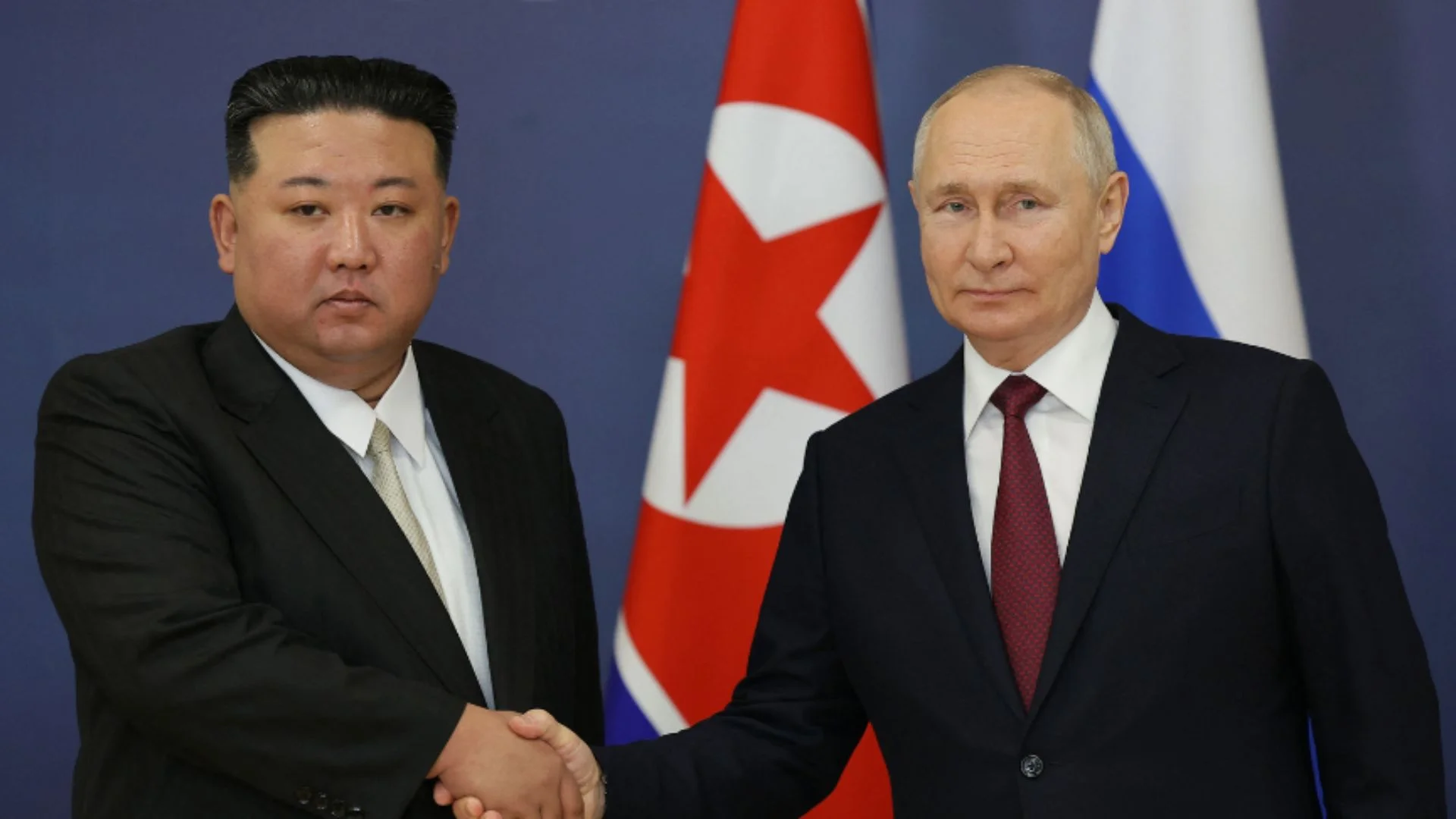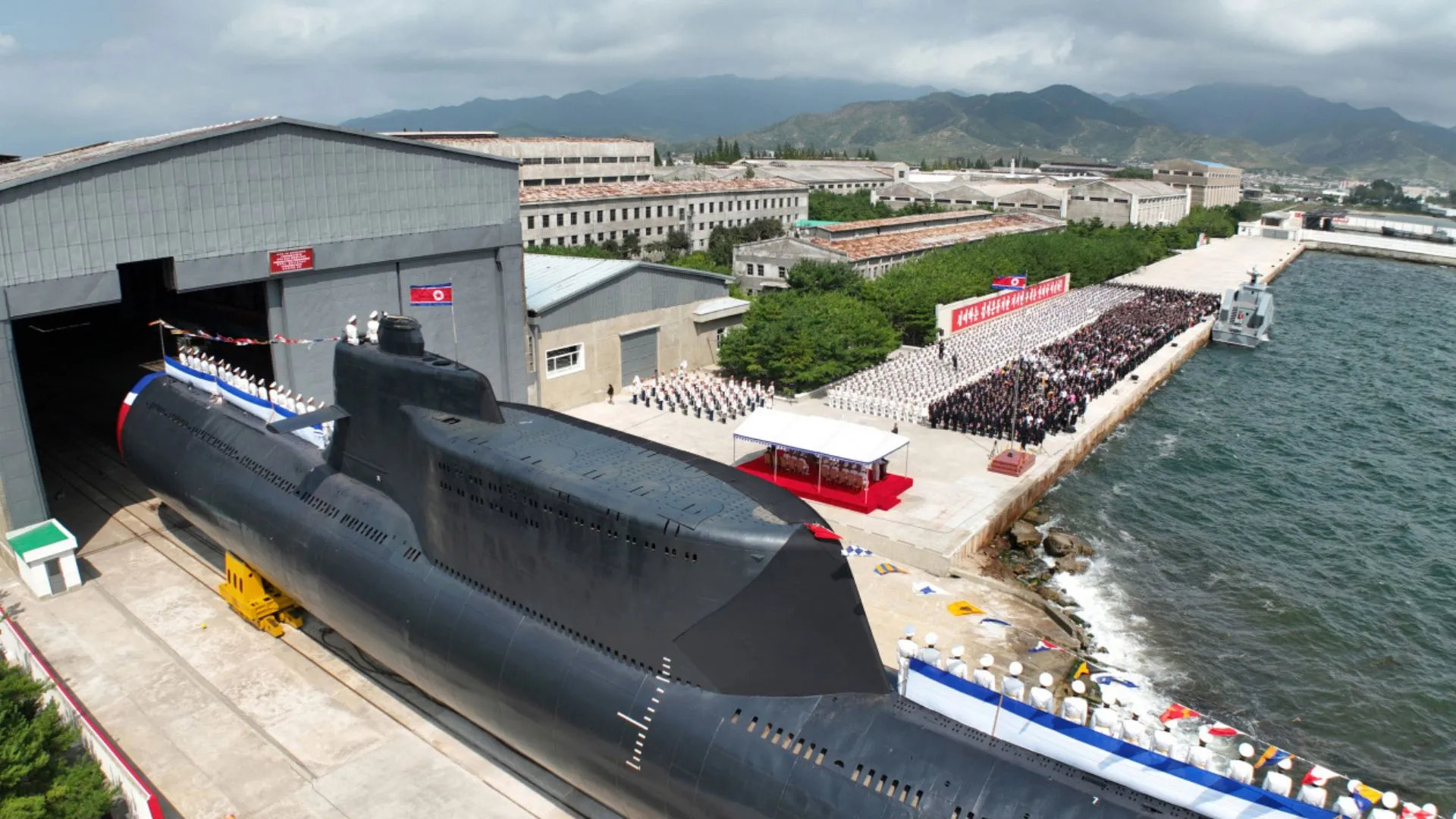Physicist Alexander Shiplyuk Sentenced for Treason
On September 3, a Russian court sentenced Alexander Shiplyuk, a prominent physicist and director of the Khristianovich Institute of Theoretical and Applied Mechanics (ITAM) in Novosibirsk, to 15 years in prison on treason charges. Shiplyuk, 57, was arrested in August 2022, and his trial, like many high-profile treason cases in Russia, was conducted behind closed doors.
Broader Crackdown on Hypersonic Missile Experts
Shiplyuk’s conviction is part of a wider crackdown targeting scientists involved in Russia’s advanced hypersonic missile programs. His arrest follows a series of similar cases, including the recent sentencing of his colleague Anatoly Maslov, who received a 14-year prison term in May for related charges. Another scientist, Valery Zvegintsev, remains detained with his case pending. Reports indicate that Shiplyuk was suspected of sharing classified information at a 2017 conference in China, alongside other Russian scientists accused of leaking secrets to Beijing.
Significance of Hypersonic Missile Technology
Hypersonic missiles, which travel at speeds exceeding Mach 5, represent a major leap in military technology. Unlike conventional ballistic missiles, these can maneuver within the atmosphere, making them harder to detect and intercept. Russia has been a leading player in hypersonic development, with notable missiles including the Zircon and Kinzhal. The Zircon, a sea-launched missile, can reach speeds up to nine times the speed of sound and has a range of 1,000 kilometers. The Kinzhal, an air-launched missile, is capable of speeds over 11,000 kilometers per hour and can carry both conventional and nuclear warheads.
Global Context and Arms Race Concerns
The pursuit of hypersonic technology is not limited to Russia. China has also deployed hypersonic missiles, and the United States is actively testing its own hypersonic programs. The rapid development of these technologies by multiple countries has intensified concerns about a potential arms race, with hypersonic missiles poised to shift the strategic balance in future conflicts.









